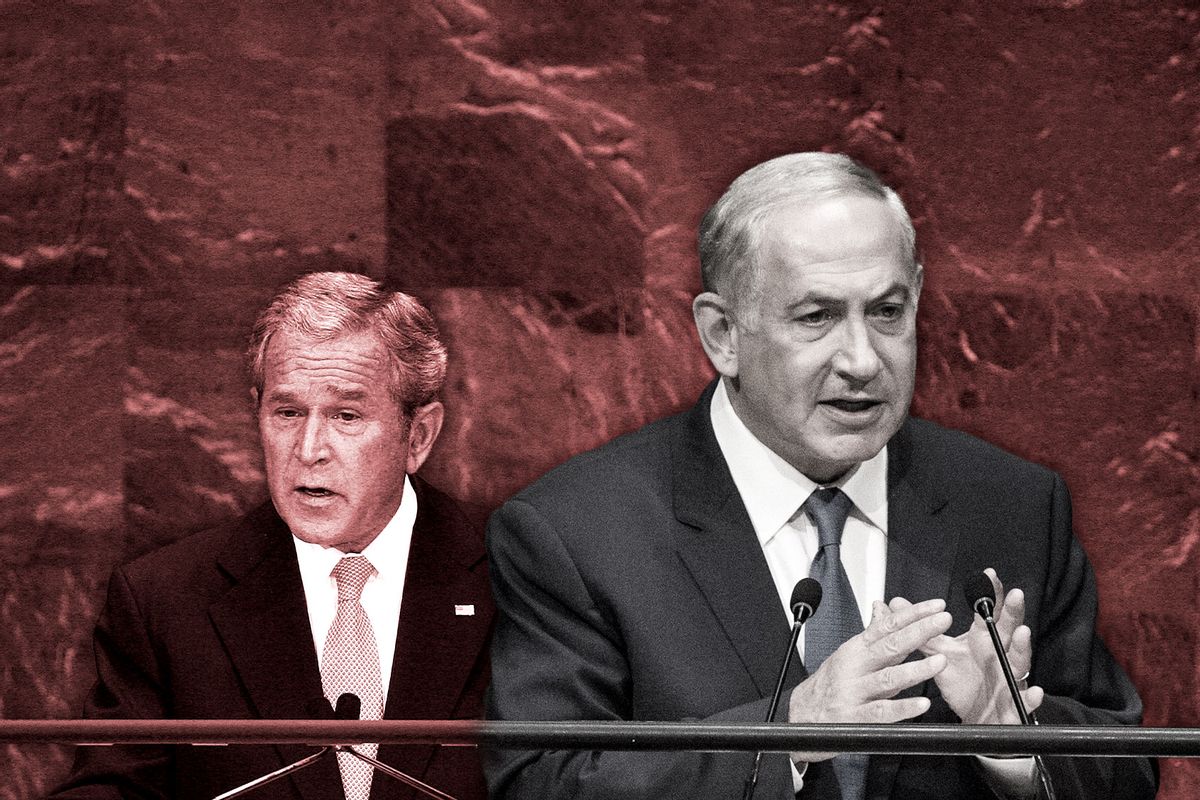
Expert Talks: The Biden-Xi Summit’s Taiwan Issue
When the two presidents met at the Bali summit last November, Biden said he was committed to the One China policy and did not support Taiwan independence, but he also warned that Beijing’s hard-line stance threatened stability in the Indo-Pacific region and could ultimately jeopardize the global economy. For his part, Xi asserted that, “The Taiwan question is at the very core of China's core interests, the bedrock of the political foundation of China-U.S. relations, and the first red line that must not be crossed in China-U.S. relations.” Both sides have adopted a strong stance, and that bottom line has been etched deep into the ground.
This commentator believes that there are six core elements in the Chinese Communist Party’s policy toward Taiwan. Three relate to promoting reunification: One China, peaceful reunification, and the 1992 Consensus. The other three elements relate to anti-independence: opposing Taiwan’s independence, not renouncing the use of force, and opposing foreign intervention. The focus of Beijing’s Taiwan policy at this stage is, of course, on anti-independence, which is why military drills are being conducted around Taiwan, military aircraft and warships are harrying the island, and studies are being conducted into suspending the Economic Cooperation Framework Agreement.
There are six core elements to the U.S. Taiwan policy, too. Three are on maintaining the status quo: the One China policy, non-support for Taiwan independence, and support for the Taiwanese status quo and democracy. The other three are on preventing the status quo from changing: providing Taiwan with defensive weapons, opposing unilateral changes to the status quo, and countering and sanctioning unification by force. The U.S. has worked hard to maintain that status quo, but ever since the outbreak of the war in Ukraine, America has started ratcheting up preparations to face coming conflicts in the Taiwan Strait.
How will the Taiwan issue be discussed at the Biden-Xi summit in San Francisco? Will the U.S. back down, stating, for example, that it opposes or disagrees with Taiwan independence? It is not likely to, because the Taiwan issue is already a point of contention between China and the U.S., with each party vesting a significant amount of interest in it. It is anticipated that both the U.S. and China will make strong statements on the issue, serving as warnings to the other and as messages to their respective domestic communities. The situation is worrisome, as intense conflict is likely to erupt if an incident occurs in the Taiwan Strait.
Two months after the Biden-Xi summit, general elections will be held in Taiwan. If pragmatic Taiwan independence activist William Lai is elected, expect both Taiwan and the Taiwan Strait to be in turmoil, with unstable security, economic chaos, civil unrest, and international upheaval. The People’s Liberation Army will step up its military pressure and deterrence, and cross-strait economic and trade uncertainties will increase dramatically.
As the U.S. will be holding its own presidential election at the end of next year, it will be exerting muscular control over Lai’s words and deeds, and it will also be sending a warning to the CCP over its excessive actions. The tit-for-tat U.S.-China meeting, characterized by mutual red lines and dynamic countermeasures, means that each side will act to strengthen its offensive and defensive operations and hit back at those of the other side. The situation in the Taiwan Strait is therefore bound to be influenced by the confrontation between the U.S. and China, greatly increasing the chances of a proxy war breaking out.
If Blue-White cooperation* is successful and wins the election, cross-strait relations will enter a period of readjustment and confirmation — which, while not turbulent, will not necessarily be stable — so wisdom and efforts from all parties will be required in maintaining cross-strait stability. Of course, this presupposes the success of a Blue-White coalition; the hope is that, with the opposition leaders’ eyes on the power of office, they will also consider the prospects of Taiwan.
The author is the former deputy secretary-general of Taiwan’s National Security Council and distinguished chair professor at the College of Social Sciences, Chinese Culture University, Taiwan.
*Translator’s note: Taiwan's ruling party, the Democratic Progressive Party, is part of the so-called Pan-Green Coalition, which favors Taiwan independence. The Chinese Nationalist Party (Kuomintang), historically the largest opposition party, belongs to the Pan-Blue Coalition, which favors closer ties with the Chinese mainland. “White” refers to the Taiwan People’s Party, currently the second largest political party in Taiwan (after the DPP and ahead of the KMT, as of June 2023), led by former Taipei Mayor Ko Wen-je.

